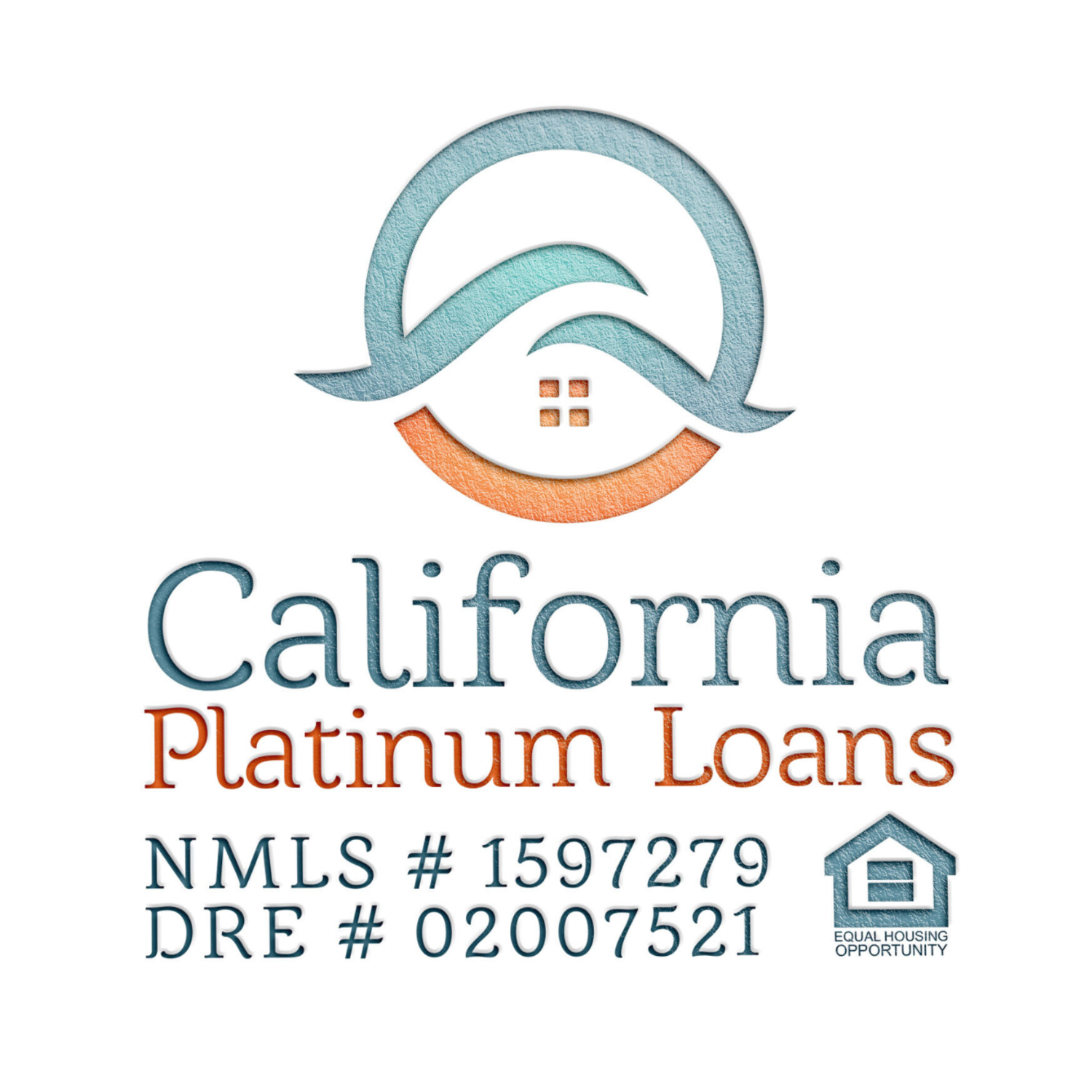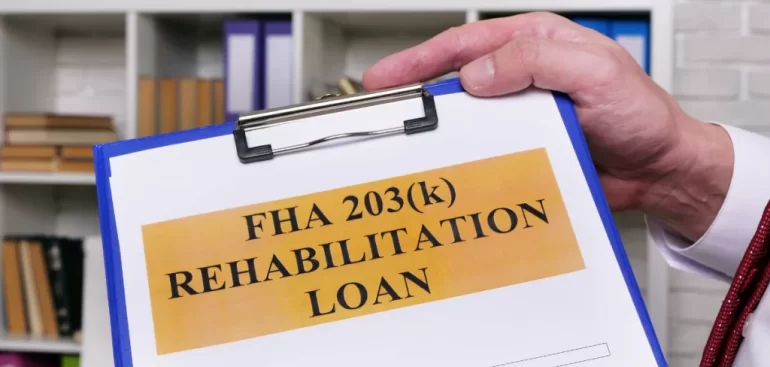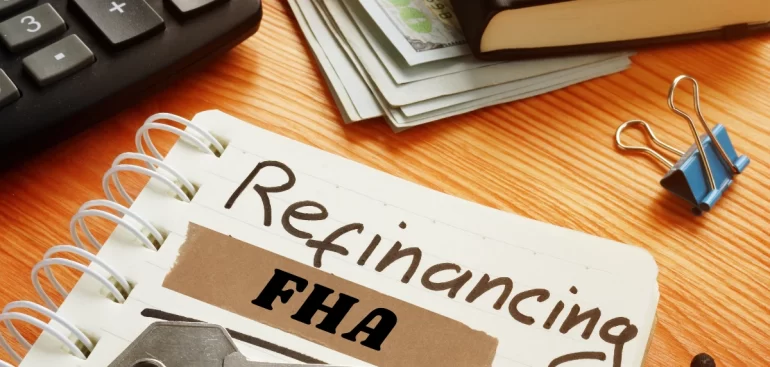Is the dream of homeownership dancing in your head? The Federal Housing Administration (FHA) is all set to make your dream a reality with a significant boost in loan limits in 2020. This surge, combined with low interest rates, opens the doors wider for potential home buyers. Let’s dive into the dynamic landscape of FHA loans this year.
The Skyrocketing FHA Loan Limits
For those mulling over high-priced homes in “high-cost” counties, 2020 brings a windfall. FHA single-family home loans have seen a limit increase to $765,600 – a robust hike of almost $40,000 from the previous year. A cursory look at recent trends shows a consistent rise in these limits. From a mere 200 counties benefiting from the hike in 2016 to over 3,000 in 2019, the FHA’s trajectory only points north.
What’s Brewing in the FHA Cauldron in 2020?
The ripple effects of these increased loan limits are manifold:
- Market Magnetism: The elevated limits are poised to attract more lenders to the FHA mortgage arena, broadening the horizons for potential homeowners.
- A Bounty of Loan Products: Word in the real estate corridors hints at the emergence of FHA loans tailored for two- to four-unit properties. Picture this: You acquire a multi-unit property (capping at four units), reside in one, and rent out the rest. While short-term rentals (think AirBnB) are off the table, longer tenancies spanning 30 days or more are fair game.
- Interest Rates – A Predictive Puzzle: While the wizards at Freddie Mac and other mortgage seers forecast a stable 3.7% interest rate for the first half of 2020, it’s wise to tread with caution. Predictions, after all, are a tricky game. Even though the Federal Reserve Board, slated for a January meeting, has hinted at no immediate shifts in the federal funds rate, banking on such forecasts might be premature. That said, it’s hard to ignore the allure of sub-4% interest rates for FHA home loans that have been consistent since January 2019.
The 2020 FHA loan narrative paints a promising picture for aspirational homeowners. The combination of increased loan limits, tantalizingly low interest rates, and the potential influx of loan products makes it a golden year to embark on your homeownership journey. If you’re keen on harnessing these opportunities, now is the time to act. Start the year with a resolve to turn the key to your dream home.
Ready to navigate the FHA loan landscape? Dive deep with the expertise of California Platinum Loans and make your dream home a reality this year!



